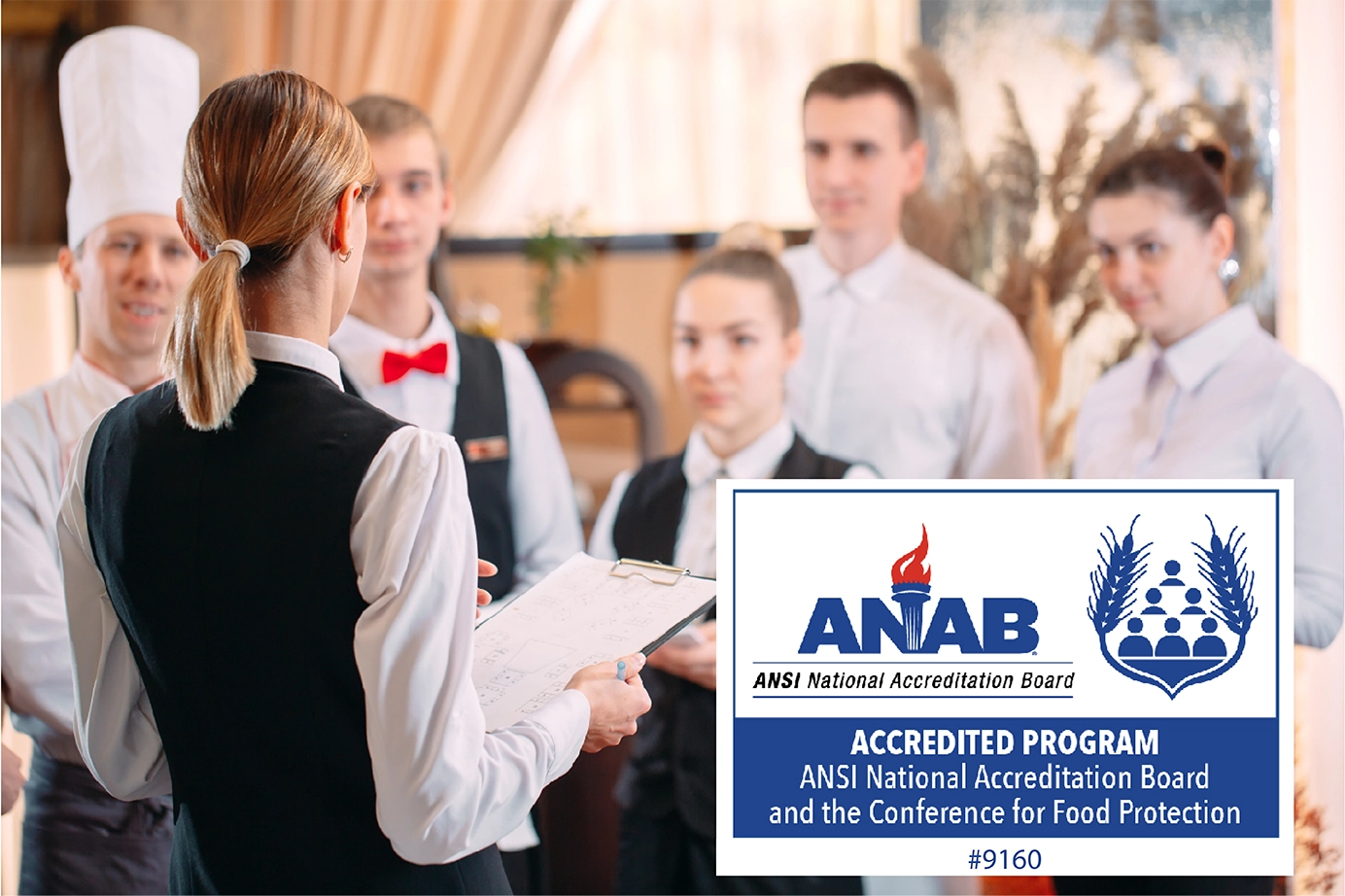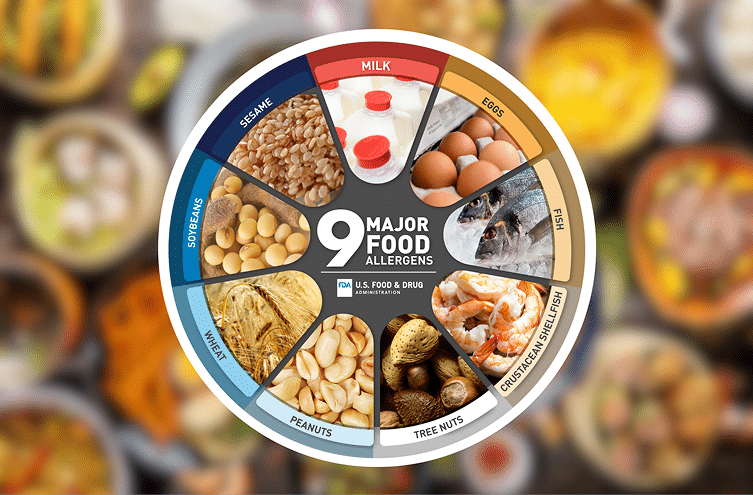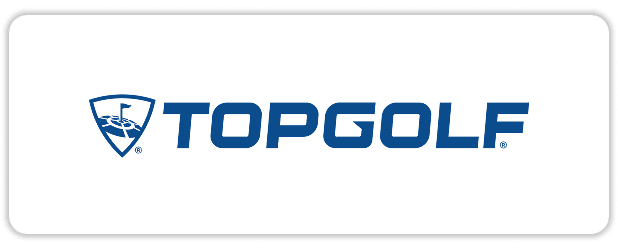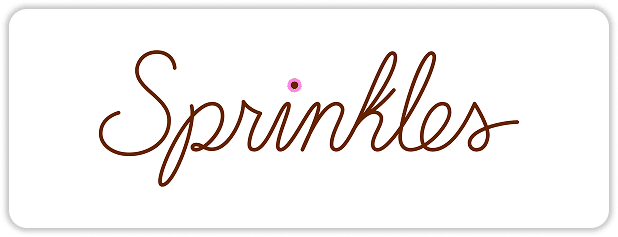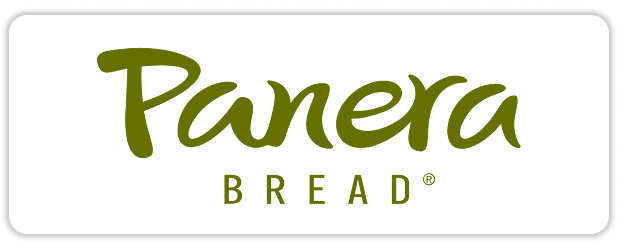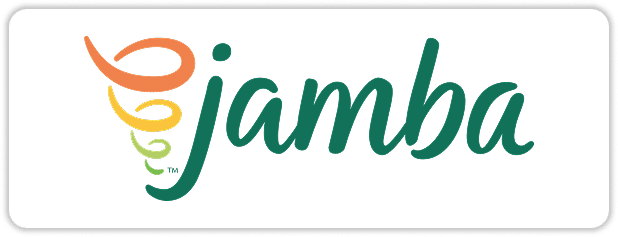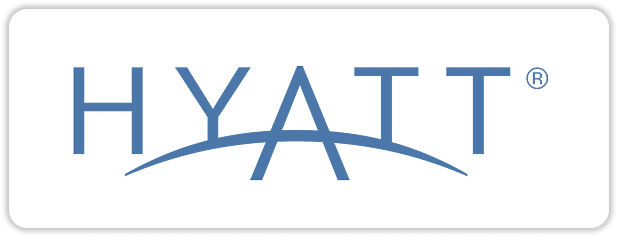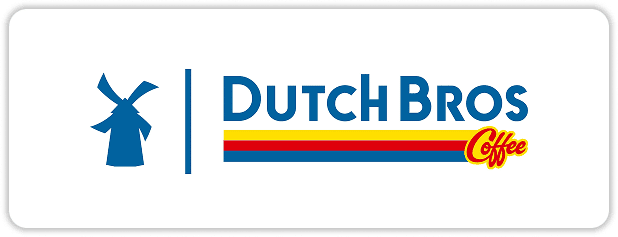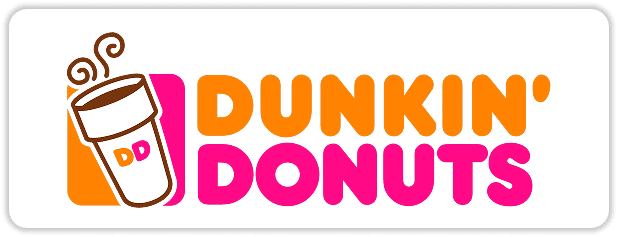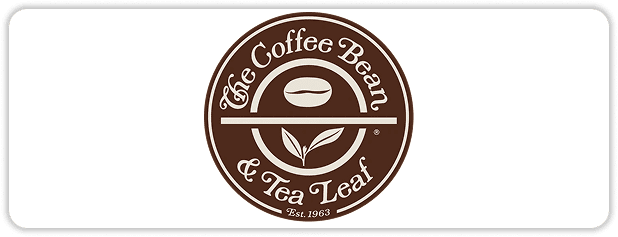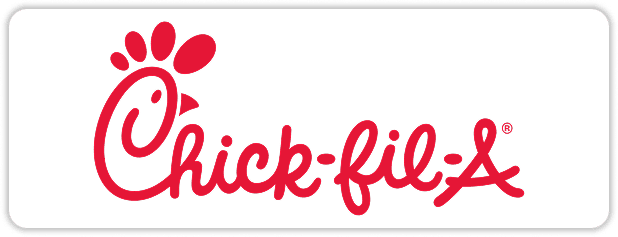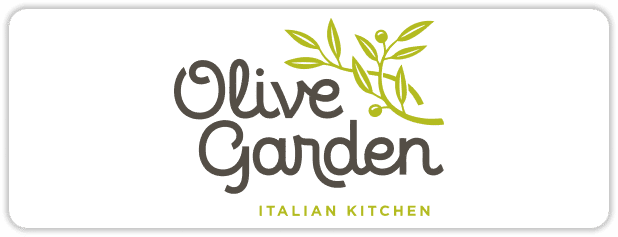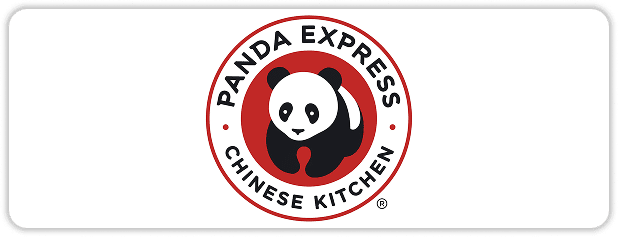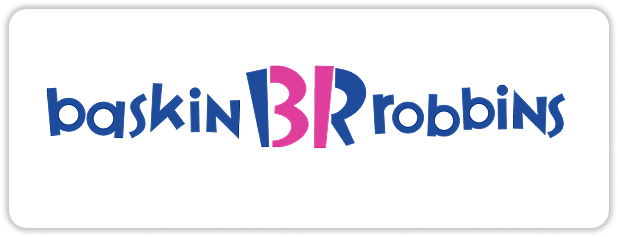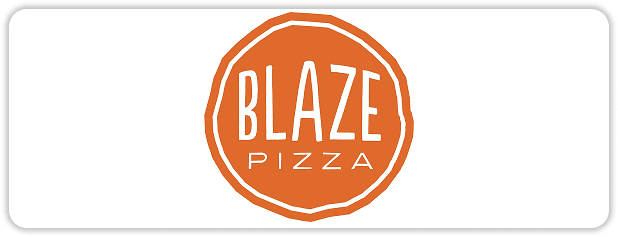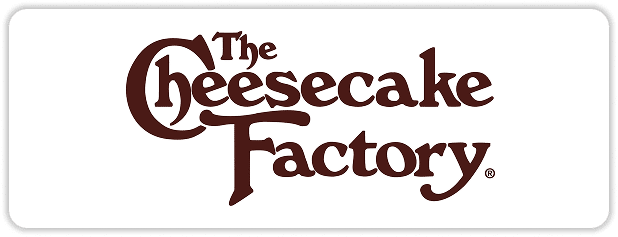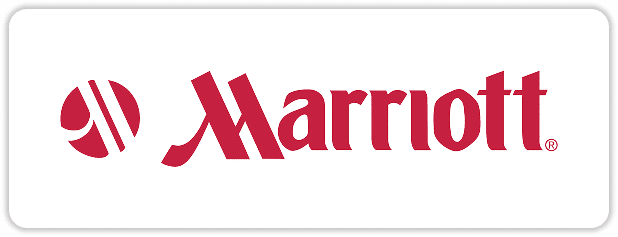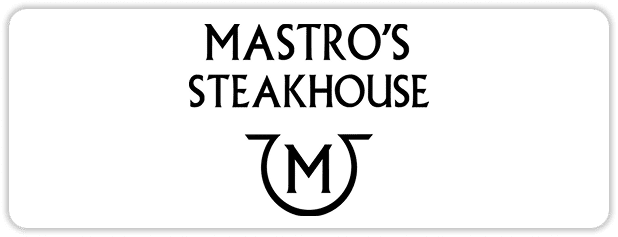
Colorado Cottage Food Law: Food Safety Training
Selling homemade food in Colorado? You must follow the state’s Colorado cottage food law —and that includes completing proper food safety training. This article explains who needs training, which foods are allowed, and how to get your Food Protection Manager Certification through an ANAB-accredited program.
What is Cottage Food Law?

Cottage food refers to food made in a home kitchen and sold directly to consumers. Each state has its own cottage food law, determining which foods you can sell, who you can sell to, and how much revenue you can earn annually.
In Colorado, complying with the law includes completing an ANAB-accredited food safety course or obtaining a Nationally accredited food manager certification.
Cottage Food Law Colorado Overview
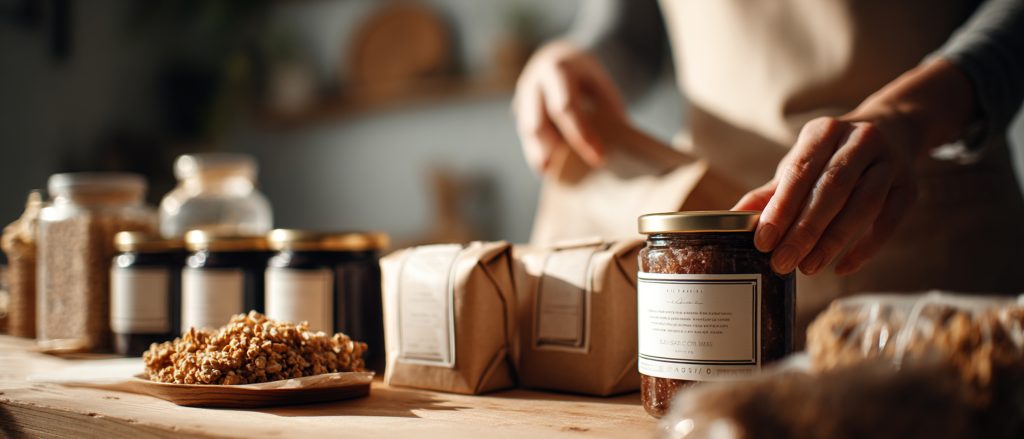
Approved Cottage Foods:
- Pickled fruits and vegetables with a finished equilibrium pH of 4.6 or below
- Dry spices, teas, and dehydrated produce
- Nuts, seeds, honey, jams, jellies, preserves, and fruit butters
- Flour-based baked goods, muffins, fruit pies, cookies, cakes
- Roasted coffee beans
- Buttercream made with ghee or vegetable oil
- Canned fruits and candies like fudge or cotton candy
- Freeze-dried fruits and vegetables
Colorado also allows the sale of up to 250 dozen whole eggs per month.
Foods Not Allowed:
- Meat, poultry, fish, or shellfish products
- Baked or fried goods with cream, custard, or meringue fillings
- Frostings made with buttercream (except ghee or vegetable oil)
- Sauces, beverages, condiments, or juices
- Pumpkin, sweet potato, or cream pies
- Cut fruits or vegetables
You may sell approved cottage foods directly to consumers in-person or online if the buyer lives in Colorado. Selling to restaurants, grocery stores, or other licensed food establishments is not permitted.
Colorado sets a revenue cap of $10,000 per food product, so selling multiple products may increase your total allowable income accordingly.
Do You Need Food Safety Training in Colorado?
Yes. Colorado requires food safety training for anyone starting a cottage food business. This can be fulfilled through:
- A Food Safety Certification course that is ANAB-accredited
- A nationally accredited food manager certification recognized by the state
Completing an ANSI National Accreditation Board (ANAB) Accredited program ensures that your training meets national standards. One of the most common options is the Certified Food Protection Manager (CFPM) course, which provides the necessary knowledge to handle food safely at home and comply with the law.
How Food Safety Training Works:

- Courses are often available online and can take as little as 4 hours.
- After passing the test, you receive a Food Protection Manager Certification
- Certifications can be displayed at the point of sale or on your website
- Certifications must be renewed every three years through another ANAB-accredited program
Labeling Requirements
All cottage food products sold in Colorado must include a label with:
- Your business name and production address
- Product name and production date
- Contact information (email or phone)
- Complete ingredient list in descending order by weight
- A disclaimer:
“This homemade product comes from a kitchen that is not regulated or inspected by the state. It may include common allergens like peanuts, tree nuts, eggs, soy, wheat, milk, fish, and shellfish. Sale of this product is prohibited.”
Packaging must be food-grade to prevent contamination.
Summary
Under the Colorado Cottage Food Regulations, you can sell foods that don’t require time-temperature control directly to consumers.
To get started, you must complete an ANAB-accredited food safety training program, such as a Certified Food Protection Manager (CFPM) course or another nationally recognized Food Manager Certification. Upon completion, display your certification at the point of sale to stay compliant.
At AAA Food Handler, we provide an ANAB-accredited Food Manager Certification course that fully meets Colorado Cottage Food Law requirements. The training is 100% online, takes about 90 minutes, and your Food Safety Certification is valid for three years. Proper labeling and packaging are also essential for compliance and customer safety.
Get your certification today with AAA Food Handler — instant, online, and trusted across Colorado.


